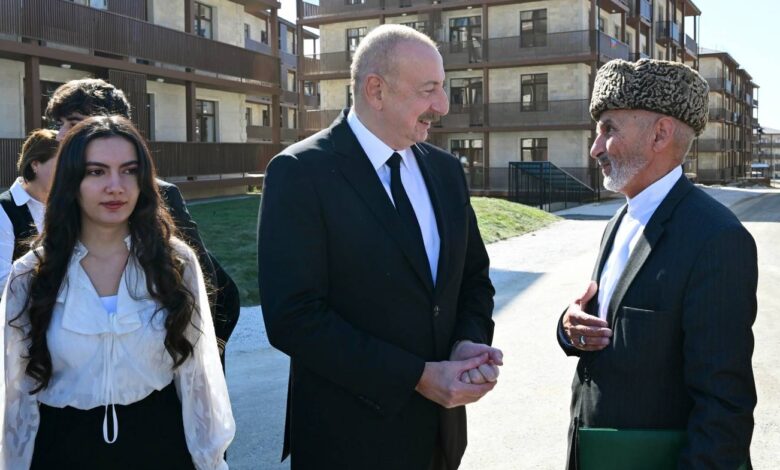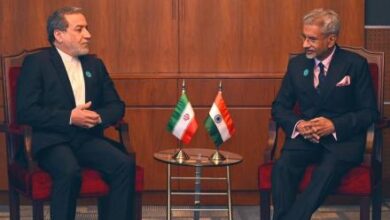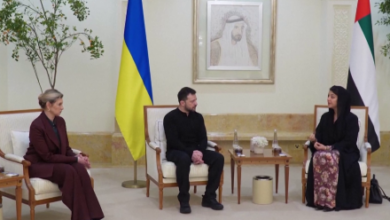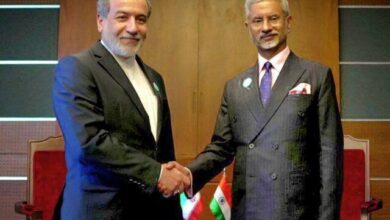Azerbaijan: Some Karabakh returnees turning a profit on government resettlement program

Some former internally displaced persons in Azerbaijan are making a fast buck off a government resettlement program. And more than a few Azerbaijanis are unhappy about it.
Overall, more than 600,000 Azerbaijani citizens became IDPs during the First Nagorno-Karabakh War. Since 2020, when Azerbaijan’s reconquered most of the territory from Armenian forces, the government has spent over $11 billion on rebuilding Karabakh’s infrastructure.
In a late September speech to MPs, President Ilham Aliyev called Karabakh’s revival a “paramount” issue for his administration, going on to say that extensive “efforts are being made to return former IDPs to their homes, and more than 8,000 former IDPs have already resettled.”
Many of those 8,000 resettlers were allotted newly constructed homes built at state expense under a government program. But a local news website, Unikal.az, reported recently that some IDPs resorted to renting out their gift-homes for a tidy profit. During the summer season when demand was strong, some properties generated almost $3,000 per month in rental income for the new owners. That’s a hefty sum in a country where the average annual household income at the end of 2023 was just over $4,500.
The news of a rental bonanza in Karabakh has fostered lots of social media chatter and widespread resentment among those who weren’t the beneficiaries of government largesse.
One member of Azerbaijan’s rubber-stamp parliament, Jeyhun Mammadov, who represents the Karabakh districts of Jabrayil and Gubadli, suggested the government should repossess the homes from all former IDPs who received titles to properties in Karabakh, but who don’t reside in them.
“Everyone should take into account that the lands of Karabakh were liberated with the blood of our martyrs,” Mammadov told news site Pravda.az. “If they [IDPs] don’t want to live [there], then they should hand over the houses.”
The independent Abzas Media outlet cited lawyer Samed Rahimli as saying the government’s options in dealing with the renters are limited. The IDPs have clear titles to the properties in question, according to Azerbaijani legislation, he added.
While there may be restrictions on selling these homes, renting them out is another matter, Rahimli said. “How the homes are used is completely up to the citizens. That is, renting is a matter for the citizens themselves, the state cannot take the homes back from them,” Rahimli argued.
Mammadov, the MP, said the rental issue highlighted the need for job creation programs in Karabakh. “If we transfer the population to the [newly regained] regions, people should be provided with jobs there so that we do not have such problems,” he said. Many IDPs say they want to return to Karabakh but worry about the lack of economic opportunities.
Meanwhile, the over 100,000 Armenians who fled Karabakh in recent years are losing hope that they will ever be able to return to the region. Although the UN’s International Court of Justice mandated in late 2023 that Armenians be allowed to return to Karabakh if they so desire, few, if any, have done so. The environment in Karabakh is far from welcoming; videos continue to circulate on social media reportedly showing Armenian belongings discarded in the streets of the Karabakh capital Khankendi, formerly known as Stepanakert.
In recent weeks, the United States and Canada have issued statements reaffirming Armenians’ right to return to Karabakh. On the first anniversary in late September of Azerbaijan’s complete takeover of the territory and the expulsion of Armenian inhabitants, Canadian Foreign Minister Mélanie Joly said in a statement that Ottawa “supports a safe and dignified right of return for Armenian civilians, guarantees for the protection of human rights and livelihoods, and the preservation of Armenian cultural and historical sites in the region.”
US Democratic presidential candidate Kamala Harris also has expressed support for Armenian refugees seeking to go back to their homes.



